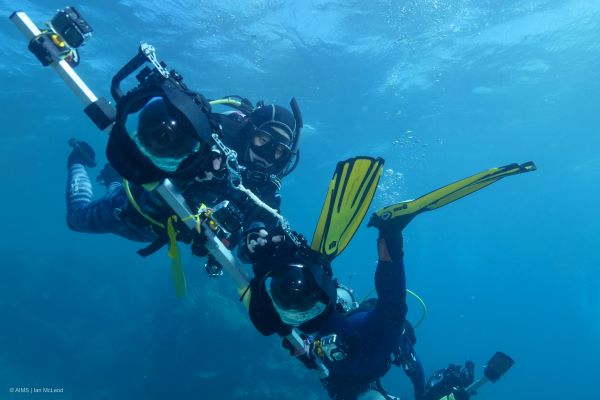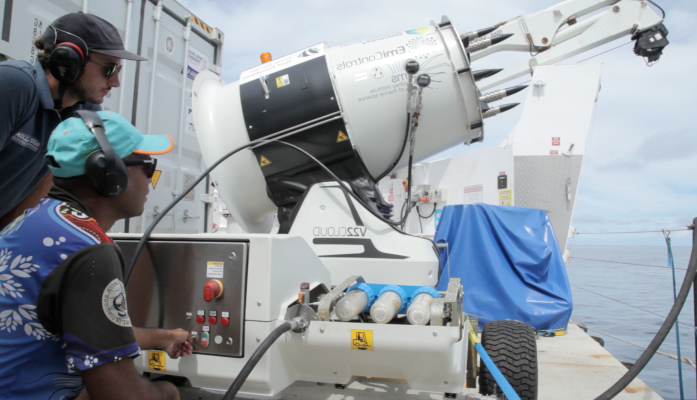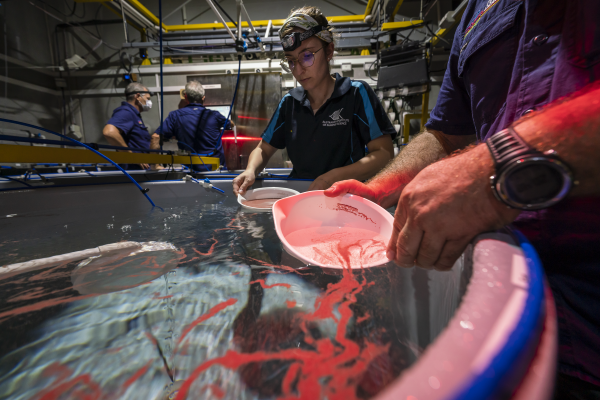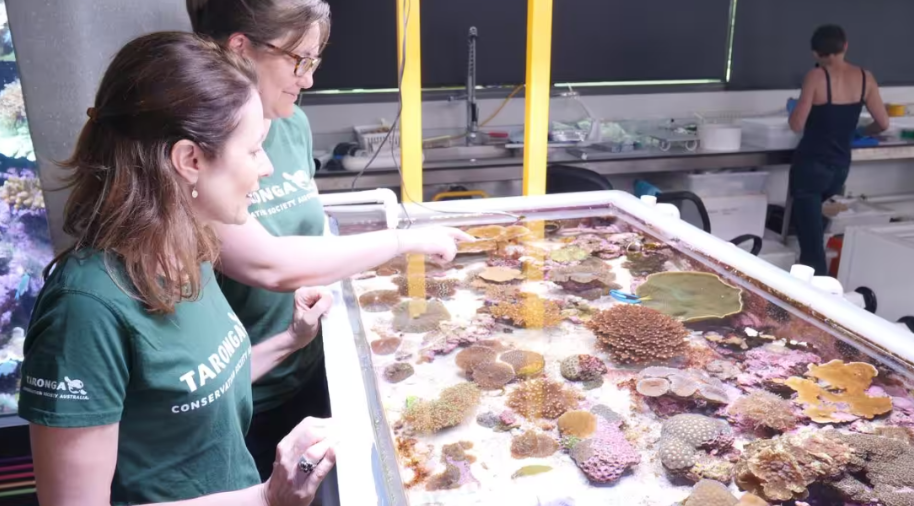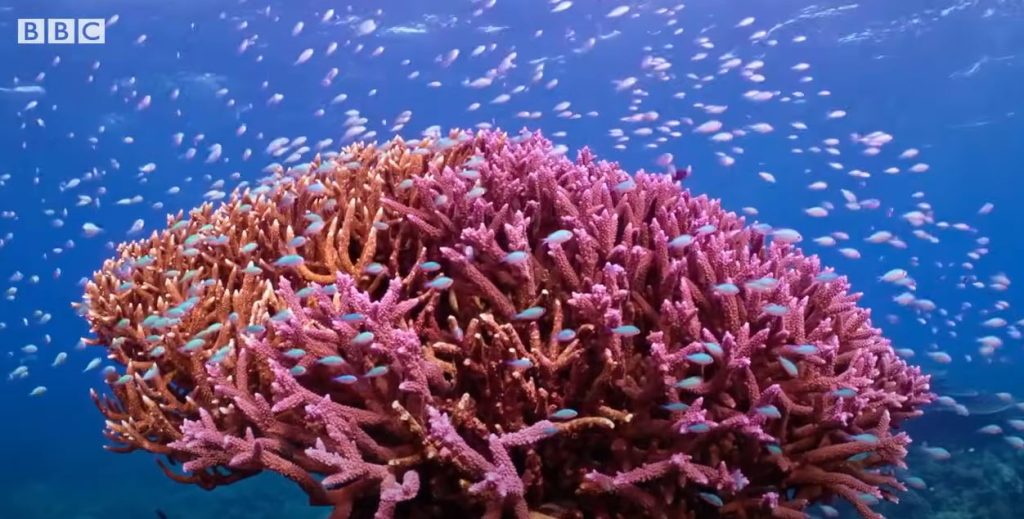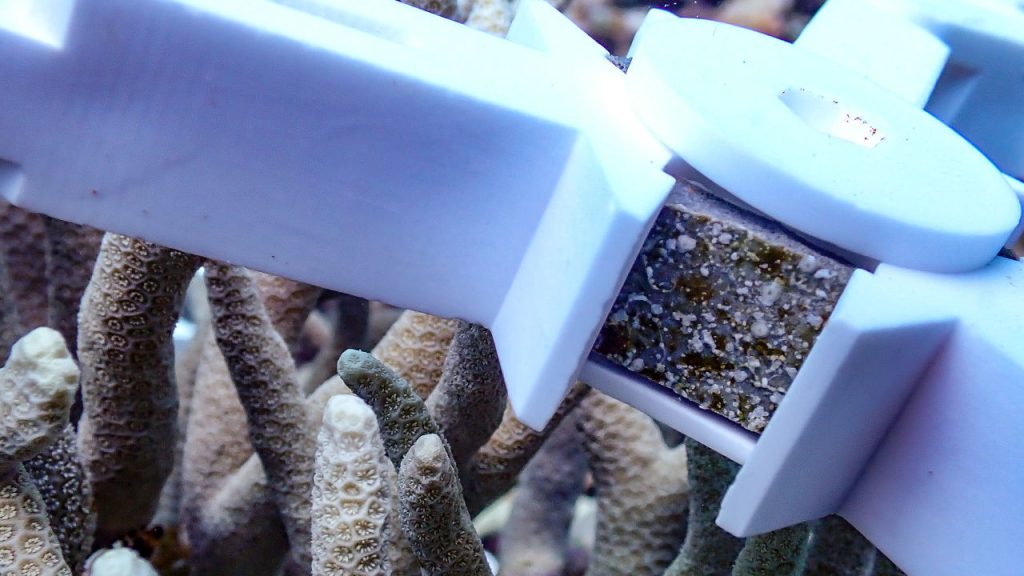
The Reef Restoration and Adaptation Program (RRAP) is a global leader in coral reef restoration and adaptation research and solution deployment.
We bring together Australian and International experts to create an innovative suite of solutions, to protect, restore and build more resilient reefs.
Our Program is centralised on Australia’s Great Barrier Reef and is the world’s largest effort to help a significant ecosystem survive climate change.
The Reef is the world’s largest living structure and one of the seven wonders of the world. While it remains a vibrant ecosystem of great natural resilience and beauty, warming oceans are causing more frequent and serious bleaching events, which can kill coral.
Reducing global greenhouse gas emissions is the most important action to minimise the impact of climate change on the Reef. Yet the science is clear; warming ocean temperatures are locked in, with emissions reductions no longer the only action needed to safeguard coral reefs. Projections for coral futures on the Reef highlight the critical need for restoration and adaptation solutions that can be deployed at scale within the next ten years.
Partners include the Australian Institute of Marine Science, CSIRO, the Great Barrier Reef Foundation, the University of Queensland, QUT, Southern Cross University and James Cook University.
The Program is funded by the partnership between the Australian Government’s Reef Trust and the Great Barrier Reef Foundation.
